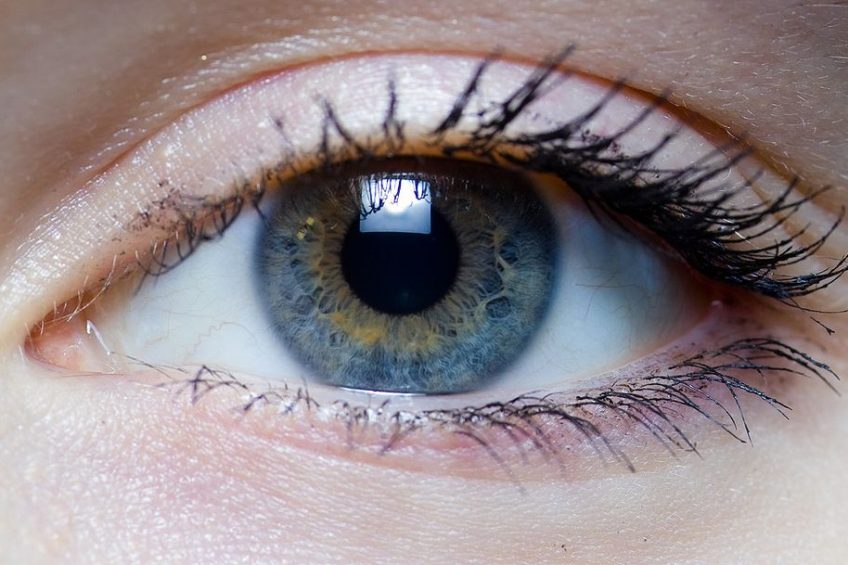Growing evidence that eggs improve eye health

Research has found that people eating 12 eggs a week had significant improvement in glare recovery – a measurement that enable the eye to recover following exposure to bright light.
The study also found that egg consumers also showed an 83% increase in serum zeaxanthin concentrations, which is an antioxidant that protects the eye against damaging blue light, originating from sunlight, indoor lighting, TVs and computer screens.
Study: Effects of eggs on AMD
Published recently in the Journal of Clinical Research and Opthalmology, the 12 month study looked at the effects of eating a dozen eggs per week on aspects of vision among people with early age-related macular degeneration (AMD). AMD is a leading cause of blindness in the United States and affects over 10 million people.
Also see: The “humble egg” is making waves – interview with the current and previous chairmen of the International Egg Commission (IEC)
Bioavailability of zeaxanthin and lutein – higher in eggs
While zeaxanthin and lutein can also be found in green leafy and yellow vegetables as well as egg yolks, the bioavailability of these compounds is much higher from eggs and research has shown that regular egg consumption increases both serum and macular levels of lutein and zeaxanthin.
Results: Significant improvement in glare recovery
Tia Rains, Egg Nutrition Centre director, said researchers had evaluated several aspects of eye function as well as serum concentrations of lutein and zeaxanthin.
“Findings include a significant improvement in glare recovery following the egg intervention, a measurement that quantifies the time it takes the macula to return to normal function following exposure to a bright light. Egg consumers also showed an 83% increase in serum zeaxanthin concentrates compared to baseline. There were no changes in the control group.
“With 76 million baby boomers in the United States at risk from the development of AMD, these results have significant public health implications. This study shows that a simple change in one’s diet can benefit the progression of the disease,” she added.
Join 31,000+ subscribers
Subscribe to our newsletter to stay updated about all the need-to-know content in the poultry sector, three times a week. Beheer
Beheer








 WP Admin
WP Admin  Bewerk bericht
Bewerk bericht